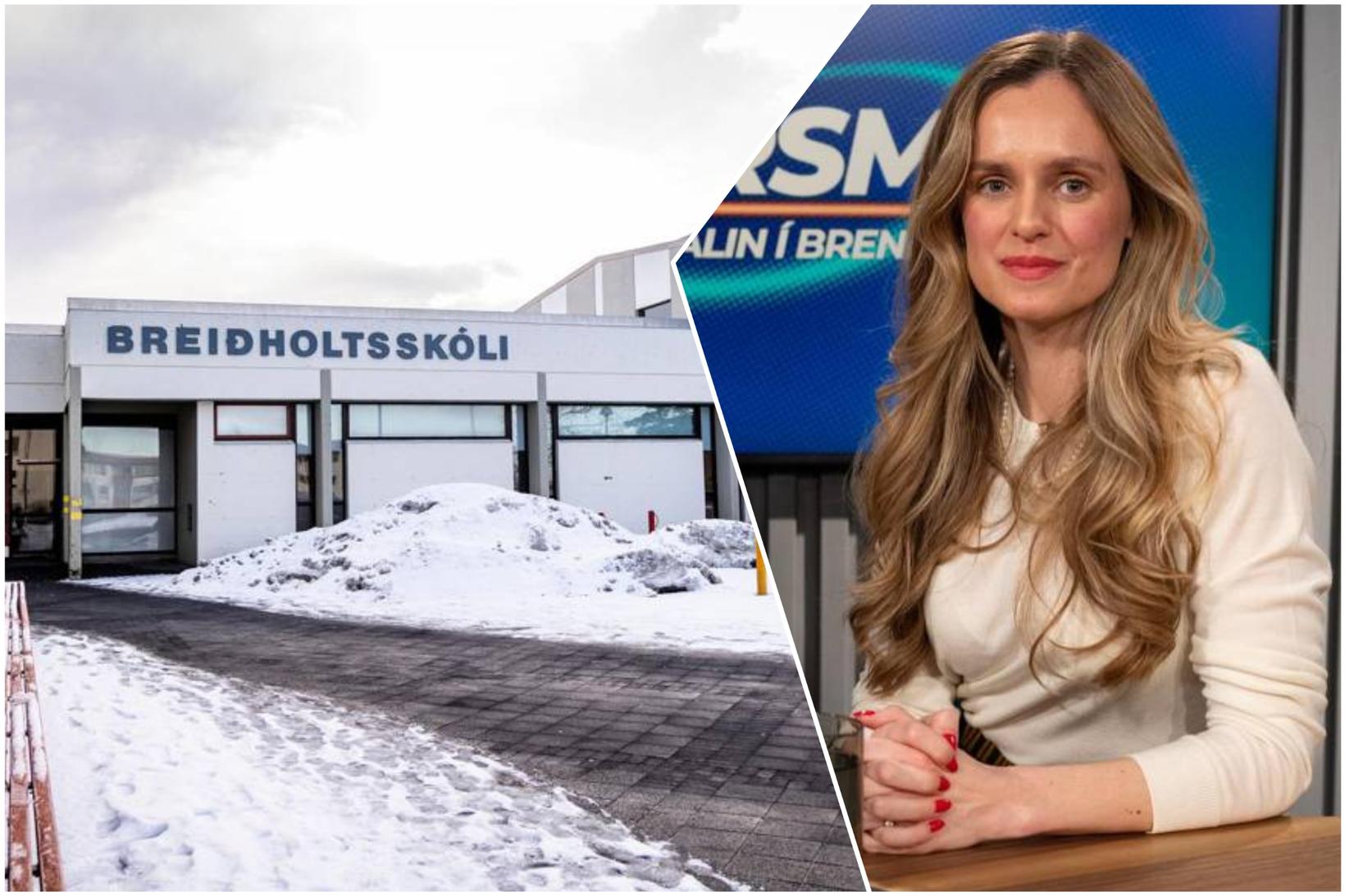Alarming test results spark concern over broader issues in Reykjavík schools
Hildur Björnsdóttir says it is important to have some comparison to be able to take action if necessary. Composite image/Karítas
The results of Icelandic and mathematics tests administered to 7th-grade students at Breiðholtsskóli have raised serious concerns about educational standards and student well-being in Reykjavík’s primary schools.
Hildur Björnsdóttir, leader of the Independence Party in Reykjavík, responded to the findings by warning that other schools may also be struggling, and stressed the need for immediate, system-wide assessment.
“These results are of course a matter of serious concern,” said Björnsdóttir. “One is concerned that in more schools there are large cohorts of children who are doing poorly.”
The tests were conducted in March after years of documented violence and disruptions at Breiðholtsskóli, which prompted parents to demand an academic assessment. The outcome revealed that students' performance in core subjects was well below the national average recorded in 2020. No updated national benchmarks exist, as standardized assessments have not been conducted in Iceland’s primary schools since that year.
Discrepancy between teacher grades and test results
The test results also revealed a significant gap between teacher-assigned grades and actual student knowledge, prompting accusations of grade inflation. One parent told Morgunblaðið that “a lot of falsification” seemed to be going on.
“This discrepancy is deeply troubling,” said Björnsdóttir. “It is known that schools assign grades differently, and this creates inequality when students compete for places in secondary schools. Uniform assessments are necessary to restore fairness.”
Call for standardized testing and action
Björnsdóttir is calling for the reintroduction of standardized assessments in grades 4, 7, and 10 across Reykjavík’s schools. She argues that only with clear, comparable data can schools identify where improvements are needed and provide targeted support.
“Our children deserve the best possible education,” she said. “With the right actions and clear benchmarks, we can lift our school system significantly in the coming decades.”
Although a new evaluation system, the so-called assessment curve, is under development, it has not yet been fully implemented. Likewise, disaggregated data from international PISA surveys has not been made available for individual schools, hampering efforts to assess local performance.
A need for targeted support
Regarding Breiðholtsskóli specifically, Björnsdóttir said that the issues go beyond academic performance, citing persistent problems with school culture and student behavior.
“There are very strong indications that Breiðholtsskóli faces broad challenges,” she said. “The school clearly needs focused support—not just for student safety, but also to ensure academic standards are being upheld.”











